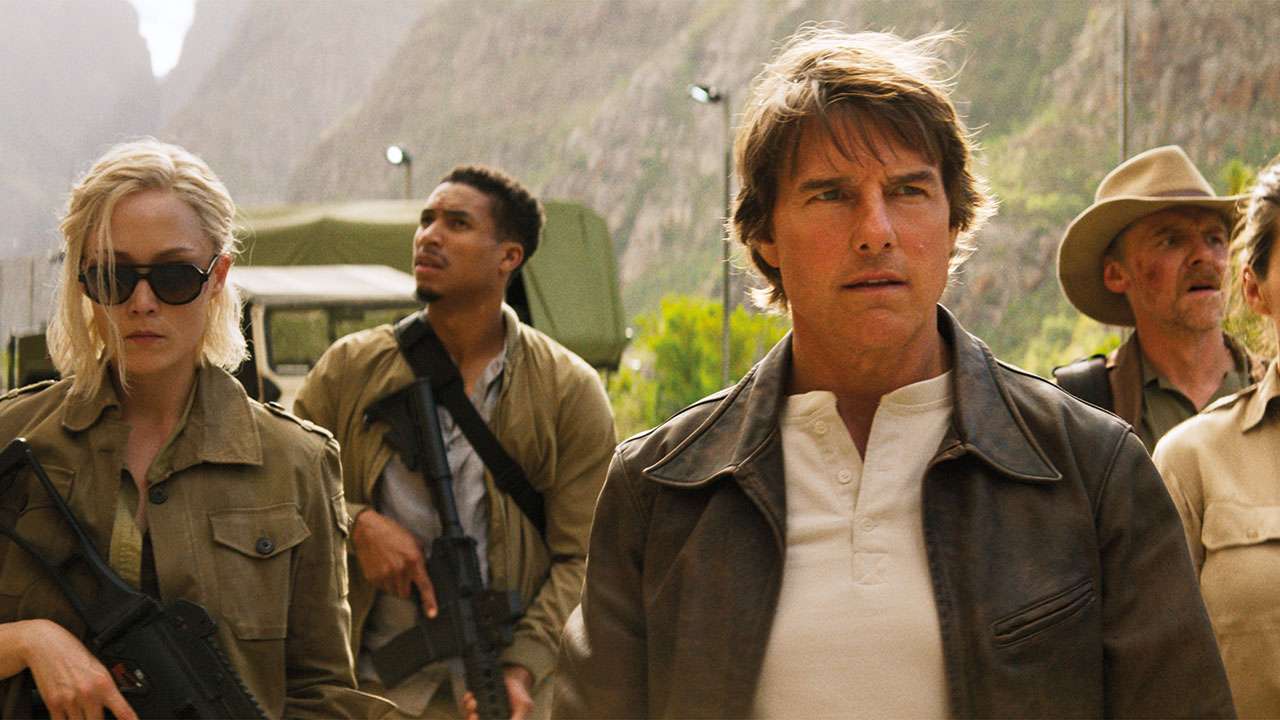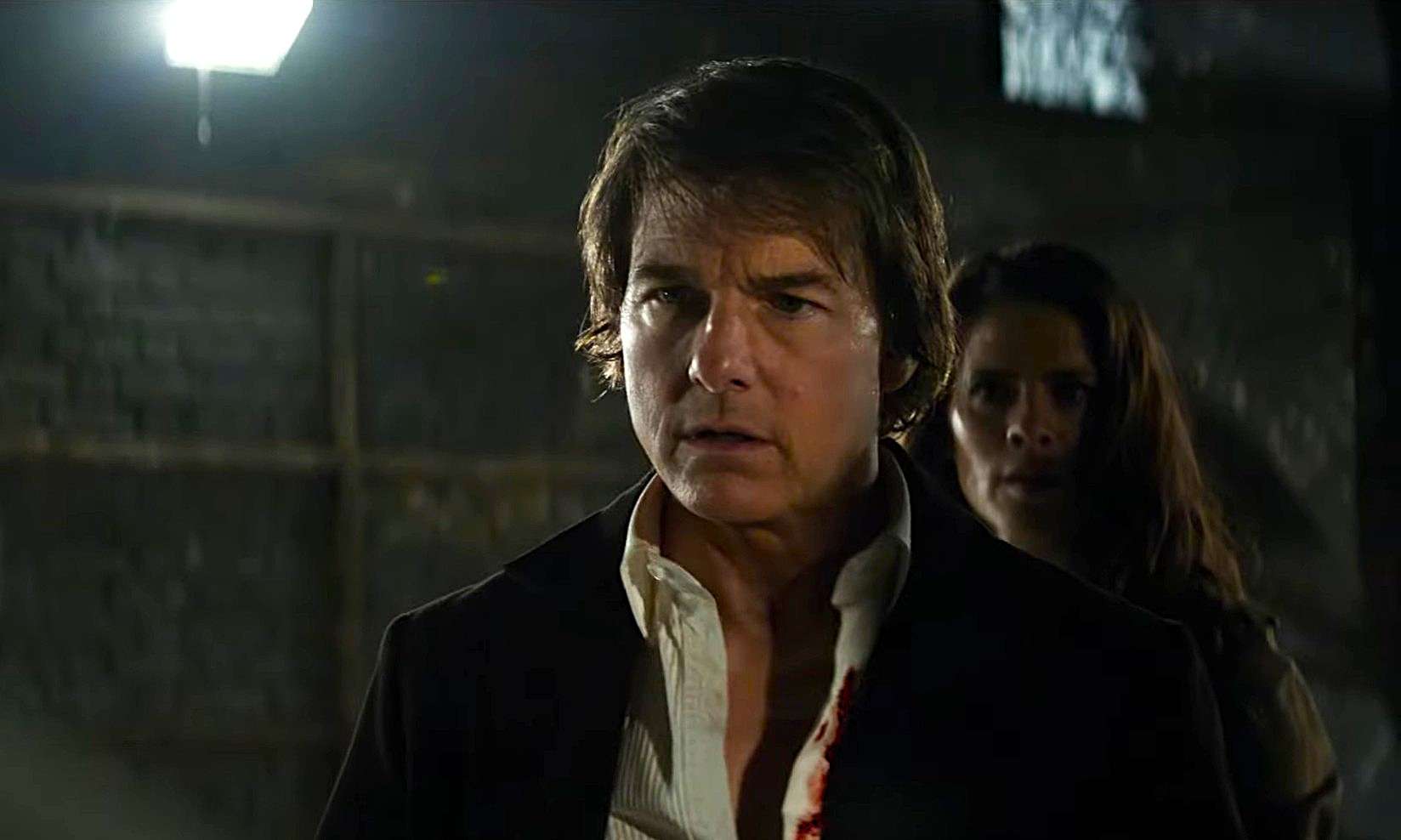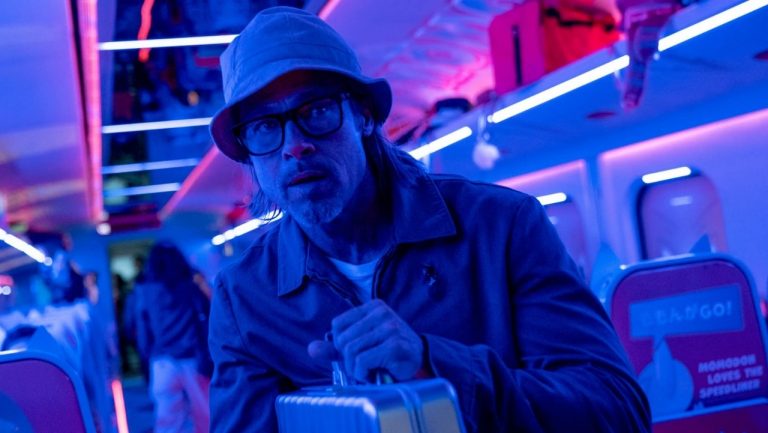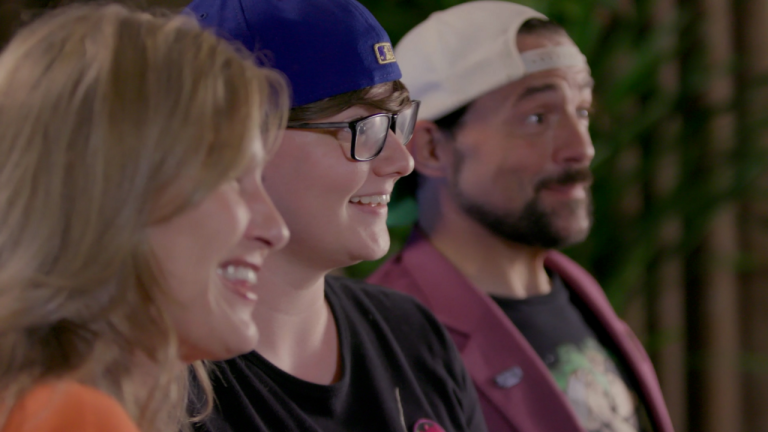It’s safe to say that the “Mission: Impossible” franchise is the most consistent recurring saga in Hollywood’s recent history, as nearly every installment in the series contains the type of creative storytelling, stylistic flourishes, and inventive spectacle that most blockbusters are devoid of. While John Woo’s “Mission: Impossible II” stood as the only real failure in the series, the franchise took on a more serialized format with the fifth entry, “Mission: Impossible- Rogue Nation,” the first of which to be directed by Christopher McQuarrie. By deepening the character arcs and adding more insight into the psychology of Ethan Hunt, McQuarrie was able to heighten the stakes with each subsequent entry, with the final two installments serving as a grandiose sendoff to the series that began in 1996.
“Mission: Impossible- The Final Reckoning” may have originally been intended to be “Part Two” of 2023’s “Mission: Impossible- Dead Reckoning,” as the “Part One” from the latter entry has been dropped from its digital releases. Nonetheless, “The Final Reckoning” picks up immediately after the events of its predecessor, as Ethan (Tom Cruise) is tasked with tracking down the assassin Gabriel (Esai Morales) before he can unleash the power of a dangerous artificial intelligence program known as “The Entity.” Ethan has the help of his longtime allies Luther (Ving Rhames) and Benji (Simon Pegg), as well as his new team members Grace (Haley Atwell), Paris (Pom Klementieff), and Degas (Greg Tarzan Davis). However, the United States government is considering radical action in order to prevent the world from erupting into a global war, which could result in millions of lives sacrificed for “the greater good.”
The brilliance of the “Mission: Impossible” franchise has been how Ethan deals with personal stakes amidst his obligations to save the world. In the aftermath of the death of his entire team in the first film from 1996, Ethan has made it a priority to never let his friends down. While “Mission: Impossible- The Final Reckoning” shows how Ethan’s unwavering belief that he can save the world without any “necessary losses” has put increased pressure on his back, the interpersonal dynamics between the supporting characters are severely lacking. Although Ethan’s mentorship of Grace was a key aspect of why “Dead Reckoning” feels like an injection of excitement, Atwell is mostly saddled with delivering exposition throughout “The Final Reckoning.”

Although it’s interesting to see the maturation of the characters Paris and Degas, as they both were initially Ethan’s adversaries, Davis and Klementieff only factor into the first half of the film. It quickly becomes clear that the team dynamic that was so essential to previous films is secondary in “The Final Reckoning,” as the film’s tension revolves around whether Ethan is capable of pulling off the impossible. Cruise’s star power should be celebrated, but the result is a film with far too many characters, many of whom are underserved by its strange pacing issues.
Also Related: All the Mission: Impossible Films, Ranked
Despite the inclusion of new faces, including Nick Offerman, Holt McCallany, Janet McTeer, and Hannah Waddingham, “The Final Reckoning” is frequently dull, as it takes extensive time to set up each sub-task and correlate it to the end goal. The snappy, clever dialogue that McQuarrie had frequently been so excellent with is oddly absent, as the film ascribes itself a sense of self-seriousness that only occasionally leaves room for levity. However, the film is also quite straightforward and does not contain the multifaceted double-crossing, twists, and deceptions that had previously been so inherent to the series. Over the course of three major set pieces, there is extensive time dedicated to detailing what Ethan’s task will be, followed by an overcomplicated depiction of how it is pulled off.
Although there has been connective tissue between every installment in the series, “The Final Reckoning” contains some surprising references to the past; if anyone was wondering what the real MacGuffin in “Mission: Impossible III” was, or thought about the children of characters from the first “Mission: Impossible,” then “The Final Reckoning” has abundant answers. However, it also feels as if core elements of Ethan’s character are not addressed, as the backstory he shares with Gabriel, hinted at in “The Final Reckoning,” is left ambiguous. Ethan’s marriage to Julia Meade (Michelle Monaghan) and the recent death of Ilsa Faust (Rebecca Ferguson) are also unaddressed, which makes the stakes of his survival less impactful.

Despite the fact that “The Final Reckoning” is saddled with a significant chunk of exposition that eats up the first hour of screen time, the stunts that McQuarrie delivers are among the greatest in cinematic history. Although the “Mission: Impossible” franchise has made it an obligation to continuously top itself, a death-defying underwater submergence may be the single most anxiety-inducing set piece in the entire franchise. Despite the surprisingly lack of hand-to-hand combat, as many of the secondary villains are infrequently memorable, the final task Ethan faces is just as gripping as fans would expect. McQuarrie’s brilliance is that he gives Ethan a supposedly straightforward task that grows more nuanced as he is met with continuous setbacks; by the point that Ethan is deftly insisting that he won’t let the world down, it is hard not to get emotional.
As with “Dead Reckoning,” “The Final Reckoning” takes on more political weight by using an artificial intelligence program as its core antagonist, serving as a reminder that “logic” often results in catastrophic danger to the human race. It’s a symbolic battle, as Cruise has waged a war in favor of practicality and professionalism, and has campaigned for the sanctity of the theater-going experience in an era where the theatrical market has faced more burdens than ever before.
“The Final Reckoning” certainly fulfilled its goal, as the opportunity to see the amazing set pieces on an IMAX projection is unmissable. However, the singular focus on these critical moments means that the connective tissue is awkward, blunt, and lacking in any insight. Although the film hints at the complexity of a global crisis in which governments are strained of options, the mechanics of their decision-making process are simplified for the sake of giving Ethan a “Doomsday scenario.”
“The Final Reckoning” is ultimately a “greatest hits” compilation of moments from the entire franchise, and will likely reward those who have followed the series for almost three decades. Nonetheless, it’s the only film that feels crushed by the weight of its self-importance and opts to choose finality as its edict. If “Ghost Protocol” felt like a classical espionage caper, “Rogue Nation” felt like a Hitchcockian thriller, “Fallout” was an epic character study, and “Dead Reckoning” was an eerie cyberthriller, then “The Final Reckoning” only has value by nature of the suggestion that it really is the final time Cruise will play Ethan on the big screen. “The Final Reckoning” is too well-crafted and ambitious to ever assign a negative rating, but when compared to the heights that the “Mission: Impossible” franchise has reached, it’s a bit of a disappointment.





![Fury [2014] Review – A Brutal Tank Drama with Battle-Scarred Soldiers](https://79468c92.delivery.rocketcdn.me/wp-content/uploads/2015/11/fury-movie-wide.jpg)
![Vampires [1998] Review: Style. Swag. Savagery.](https://79468c92.delivery.rocketcdn.me/wp-content/uploads/2019/09/vampires-cover-1-768x432.jpg)
![Mr Bachmann and His Class [2021] ‘MUBI’ Review: A Hope-Full Insight into A Unique Classroom](https://79468c92.delivery.rocketcdn.me/wp-content/uploads/2022/02/Mr-Bachmann-and-His-Class-1-768x368.jpg)
